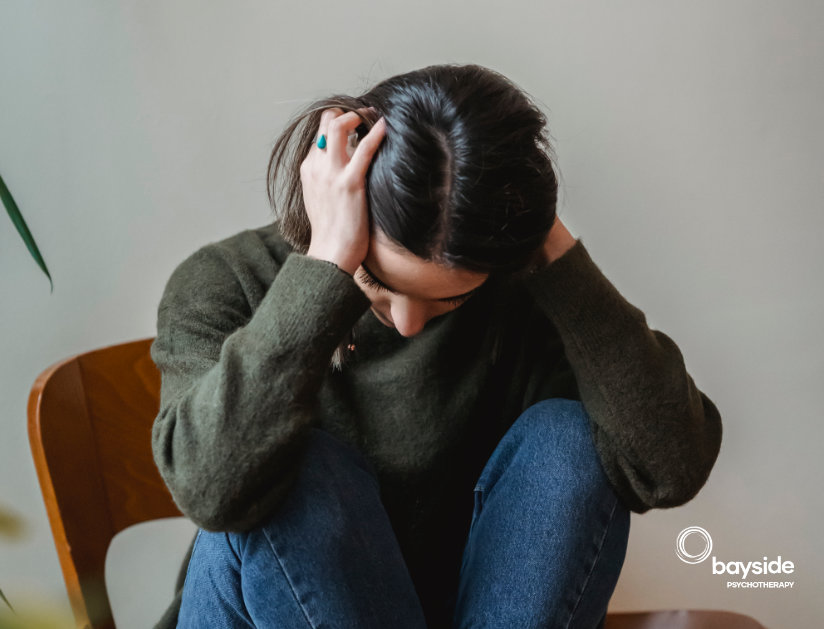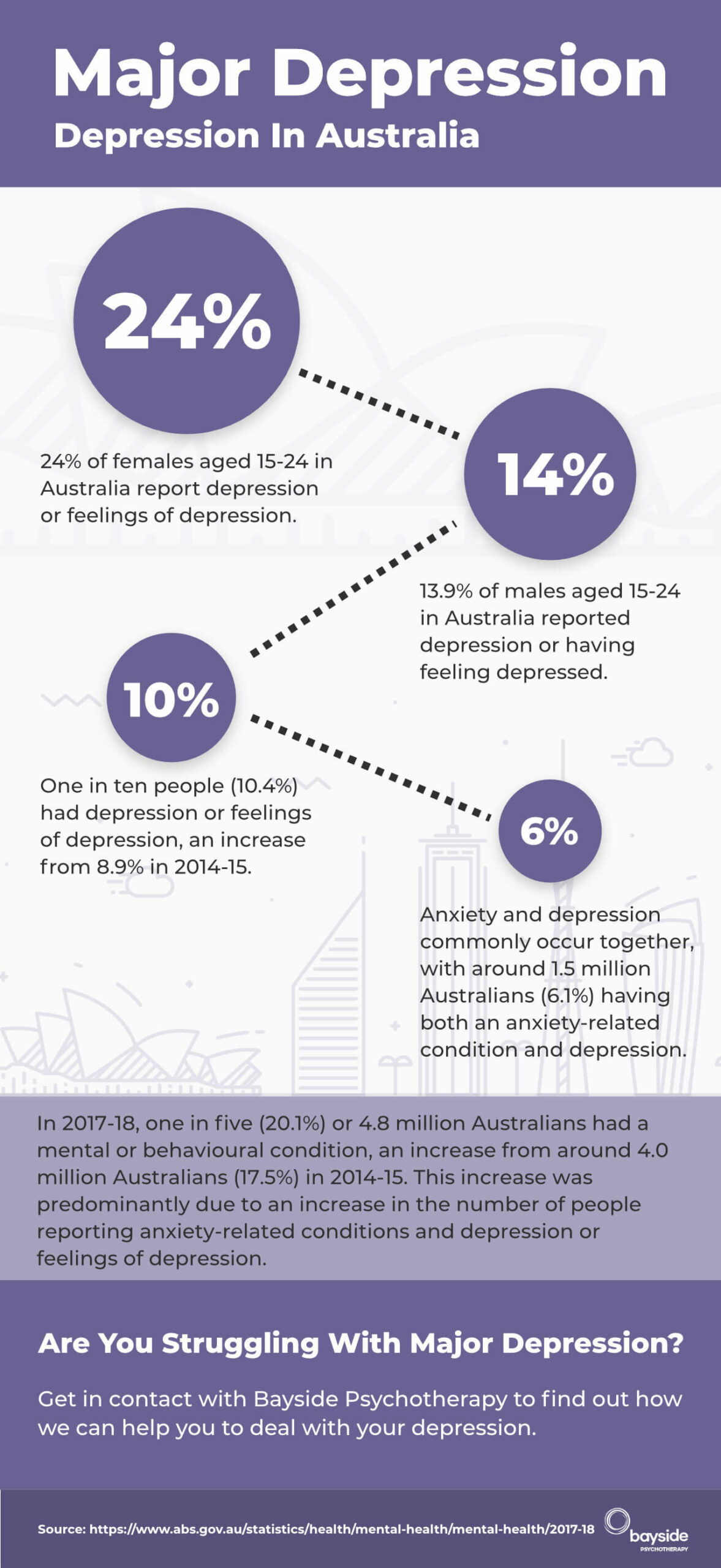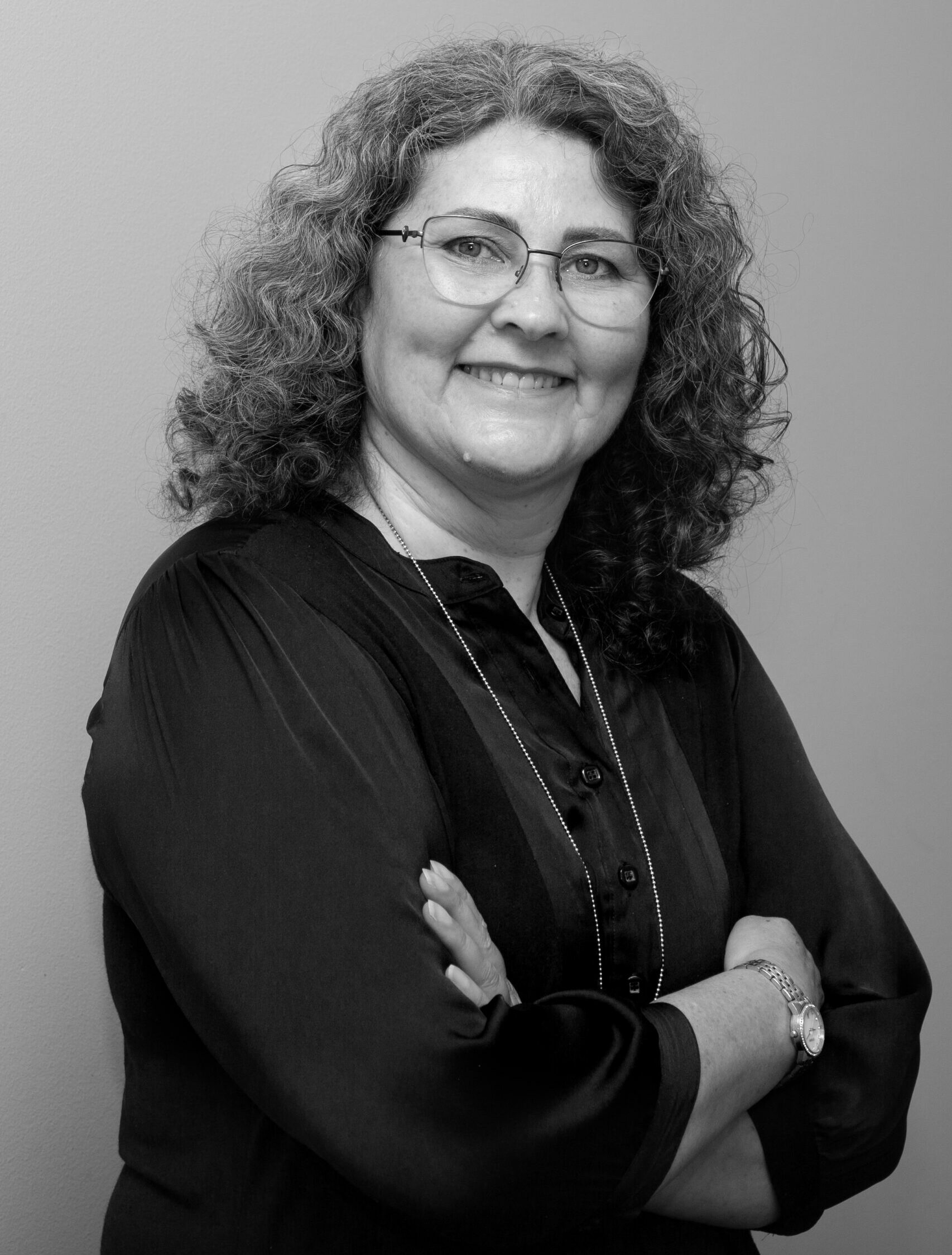
What Is Major Depressive Disorder?
Major depressive disorder or what is more commonly known as a type of depression, is a mood disorder that can have a serious impact on a person’s perception of themselves, where they are, their relationships, and overall well-being.
Sadly depression is quite common, but it manifests differently from person to person, in some it can be very extreme. Our trained therapists can help with learning to deal with and even overcome depression. Book a session and get the help you need.
What Does Major Depression Feel Like?
A common misconception about major depression is that it’s the same as feeling sad or down. Although many people with depression feel sadness, suffering from major depression (or clinical depression) feels much more severe than emotions that come and go in response to life events.
The symptoms of depression can last for months or years and can make it difficult or impossible to carry on with daily life. It can disrupt careers, relationships, and everyday tasks such as self-care and housework.
You may feel as if there’s no pleasure or joy in life and that there’s nothing that can make you happy. You may quickly lose concentration and focus on even the simplest of tasks such as watching TV becomes harder. Everything may feel hopeless, and sleeping may be problematic. You may also lose your appetite, or the opposite, and food may be a comfort or coping tool. There’s also a high chance that your thoughts may become severely negative and even suicidal.
If you are feeling suicidal, please seek help by visiting your emergency department or by contacting Lifeline. There is the possibility to get help!

What Treatments Are Available For Major Depression?
Depression is highly treatable, with research noting that a number of theoretical methods are effective in reducing the symptoms of depression. This includes cognitive behaviour therapy (CBT) which explores the relationship between thoughts, feelings and actions on one’s mental health and well being; psychoanalytic/psychodynamic psychotherapy which considers how depression may be perpetuated by internal conflicts an individual is not aware of; and interpersonal therapy (IPT) which focuses on how relational roles and experiences mitigate or reinforce experiences of low mood.
It is important to seek assistance early as untreated depression may also lead to the emergence of other mental health difficulties such as anxiety and to reliance on unhelpful coping strategies such as substance use and disordered eating patterns.
Different Types Of Depression
- Major Depression
- Persistent Depressive Disorder
- Bipolar Disorder
- Seasonal Affective Disorder (SAD)
- Postpartum Depression
- Premenstrual Dysphoric Disorder
- Atypical Depression
- Psychotic Depression
- Situational Depression
- Substance-Induced Depression
For more information about depression we recommend speaking with a member of our team at Bayside Psychotherapy.
Symptoms Of Depression
Depressive symptoms can vary but often share a few similar traits, like conflict, a clouded judgement, fatigue and feelings of stagnation. Many sufferers of depression describe having a lack of motivation and purpose in their lives, even if this was not the case before their depressive episode. Other symptoms include:
- A loss of previously enjoyed hobbies or activities.
- Insomnia or oversleeping.
- Weight loss or weight gain.
- Lack of energy and increase of apathy.
- Feelings of guilt or negative self-perceptions.
- Problems with concentration.
- Possible suicidal thoughts.
Understanding the causes of anxiety and depression is important for correct diagnosis and treatment. Some people experience mild to moderate depression due to events happening in their life, many others are predisposed to depression either due to genetic, biological, environmental or psychological factors.
Need major depression therapy?
Start Now
How Does Bayside Psychotherapy Approach Treatment for Major Depression?
Bayside Psychotherapy provides in-depth, long term psychotherapy where indicated, for individuals experiencing Major Depression. However, we are not a crisis clinic and if you are feeling suicidal please visit your emergency department or contact Lifeline. Also note that we will only work face to face with people experiencing Major Depression, so Skype or phone sessions are not possible in this instance.
Call Bayside Psychotherapy during business hours on 9557 9113, or book online if you are ready to commence treatment or test the waters to find out if we are a good fit.
Seeking Treatment For Major Depression With Bayside Psychotherapy
At Bayside Psychotherapy, we believe that every individual’s experience with depression is different. Our dedicated team of mental health professionals are here to help diagnose depression, provide a plan for the treatment of depression, and support you through your journey to better mental health. Whether you’re dealing with mild, moderate, or severe depression, know that depression is treatable, and there’s hope for a brighter future.
Call Bayside Psychotherapy on (03) 9557 9113 to find out if we’re able to help you. Your call is completely confidential, and there’s absolutely no obligation.
You can also book an appointment by using our online booking for our in-clinic session. Also note that we will only work face to face with people experiencing Major Depression, so Skype or phone sessions are not possible in this instance.
Note: This information is informative only and is not to be used for diagnosis or substitution of appropriate assessment and/or treatment by a registered practitioner. Information on this page and our entire site should not be construed as implying that our therapists are specialists in treating any condition whatsoever. While some of our therapists may have experience working with people suffering from a specific condition, not all of our therapists do. We do not guarantee any particular level of performance, cure or management of symptoms. Each case is unique and responds differently with collaboration between client and therapist being crucial. Always seek an appropriate assessment from a qualified professional such as a GP, psychiatrist, clinical psychologist or social worker especially if you are acutely distressed.









